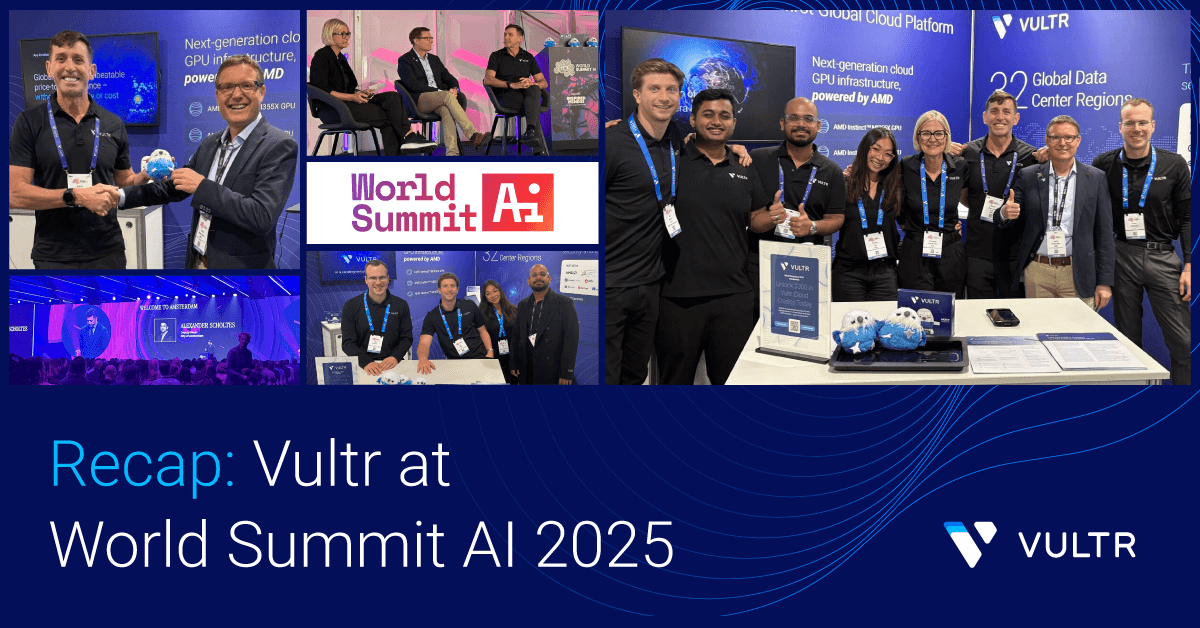At this year’s World Summit AI in Amsterdam, all attendees and participants were reminded why global gatherings like this matter. This year's theme – “Back to the Future: It’s About Time” – called for accountability in shaping AI’s next chapter, urging the use of technology to restore time for creativity, connection, and purpose while building systems that protect our shared future.
Human design as the cornerstone of AI
Across the summit’s two full sessions, a clear, consistent, and unifying message gradually unfolded: AI’s future depends as much on human design as it does on technological capability.
Closing the AI skills gap
Speakers participating in AI outlook and trends underscored a widening skills gap – organizations may have the tools, but, in too many instances, they lack the leadership understanding to deploy them effectively. Company leaders who do not yet grasp how to integrate AI are projected to invest 30% less to integrate and upgrade, in part due to the risk of losing up to 7% of revenue to regulatory penalties under continually evolving frameworks. Upskilling and digital literacy were prioritized to ensure competitiveness and compliance in Europe’s complex governance landscape.
Investing in human-centric AI
But optimism prevailed. Thought leaders emphasized investing in human-centric AI – systems designed to enhance, not replace, human capability. Panels explored how startups modeling human behavior and developers embedding ethics directly into code can create AI that amplifies creativity and compassion. Engineers discussed open-source approaches to ethical AI governance – transparency, rigorous auditing, and smaller, greener models that support compliance while advancing sustainability goals.
AI in the public sector
In the public sector, civic organizations such as Amsterdam’s City Hall discussed the choice and practical uses of off-the-shelf AI products to avoid vendor lock-in. At the same time, panel participants debated whether Europe should acknowledge and encourage individual nations to build their own sovereign LLMs – as seen emerging in Switzerland and Ireland – or focus on prioritizing collaboration toward interdependent EU-wide models.
AI transforming healthcare
In healthcare tracks, medical experts and startup founders noted that it can take an average of fifteen minutes for an LLM to respond to a doctor’s query – a gap that can cost both time and safety. Integrating AI into hospital legacy systems and unlinked data sources was cited as critical to improving accuracy and efficiency. AI-powered ambient listening, using natural language processing to automate clinical documentation, and neuro-symbolic AI was also showcased as a solution that could dramatically reduce preventable errors and restore meaningful time for patient care.
Coordinated governance and investment
European policymakers and investors, including the European Investment Bank (EIB) and Organization for Economic Co-operation and Development (OECD), weighed in – emphasizing the importance of coordinated governance and cross-border funding mechanisms to ensure innovation and regulation evolve.
Responsible AI: Purpose over speed
The summit underscored that responsible AI will not be defined by speed or scale but by purpose, which aligns technology with human values, governance with transparency, and innovation with inclusion. Progress across policy, industries, and research depends on leadership willing to bridge understanding, invest in people, and design systems that serve society rather than shape it.
The global community assembled in Amsterdam this week also reinforced that the next chapter of AI will belong to those who pair innovation with integrity – ensuring that intelligence, artificial or otherwise, advances human purpose.

